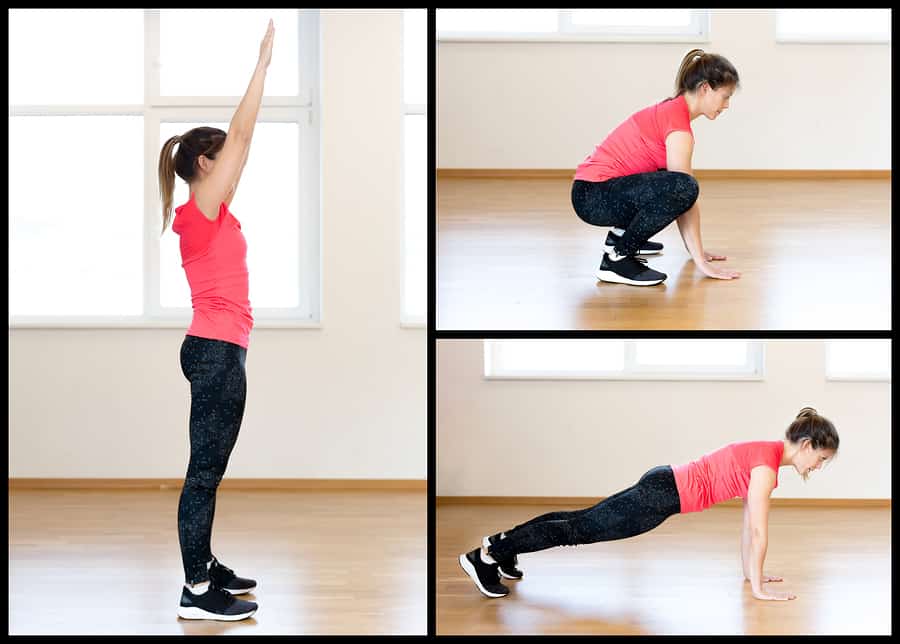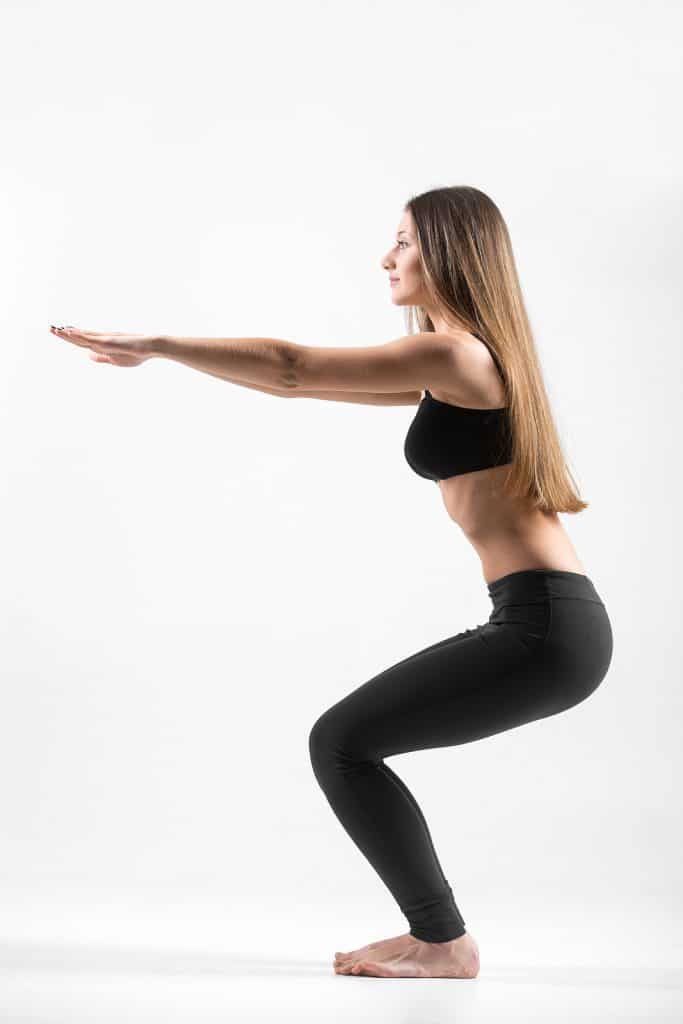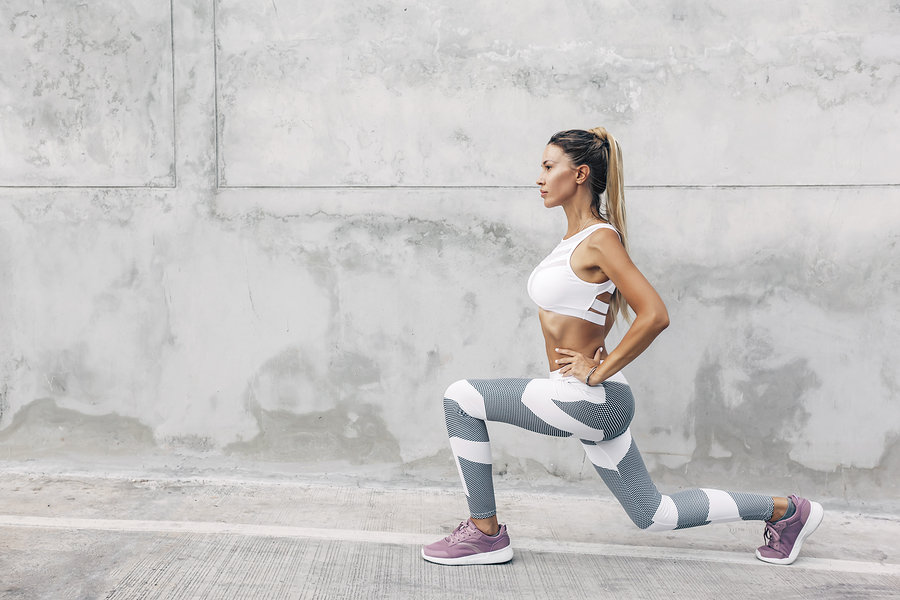A new research study[1] shows that as little as eleven minutes of burpees, jump squats, and other exercises can improve aerobic fitness, according to one of the first randomized, controlled trials to test the effects of brief body-weight workouts.

What was the Goal of the Research Study?
Few experiments studied the effects of short body-weight workouts on endurance and strength, and those few had shortcomings. They concentrated on people who were already fit, and none met the scientific gold standard of being randomized and being an inactive control group. Therefore, researchers’ confidence in short body-weight training benefits may have been expected, but there was no proof.

What were the Research Methods of the Study?
Researchers from the McMaster University community decided to form and test a primary body-weight habit. They fashioned their version on the well-known 5BX program, which was once used to train members of the Canadian military in remote posts. But the researchers swapped out details from the original, which had involved exercises like situps that are not deemed particularly good for the back or useful in building strength.
They end up with a program that shifted one minute of exercises, including revised burpees (omitting the push-ups) and running and walking in place. The routine required no equipment, limited space, and a total of 11 minutes, including a minute for warming up and cooling down.
They selected 20 healthy but out-of-shape young men and women, measured their current fitness, leg stamina, and handgrip power, and aimlessly allocated half to commence rehearsing the new program three times a week. In contrast, the others continued with their normal lives as a control.
What were the Results and Conclusions of the Findings?
After six weeks, all of the volunteers came back to the lab for follow-up testing. To no one’s surprise, those who exercised were more fit, having increased their strength by about seven percent, on average. Their leg power also had grown slightly. The control group’s fitness and strength remained stable.
Their expectations were confirmed, and it seemed obvious that this kind of training is effective. “We now have evidence that brief, basic body-weight training can make a meaningful difference,” says Martin Gibala, a professor of kinesiology at McMaster University, who oversaw the new study and, with various collaborators, has published influential studies of intense interval training in the past.

Recommendations for Fitness Trainees Based on the Research
The research might seem inadequate and short and studied at the results only among healthy young people who can perform burpees and jump squats. But whatever blend of workout you settle on, “the key is to push yourself a bit” during each one-minute interval, he says.
Below is the whole 11-minute workout used in the study by Linda Archila, a researcher who led the research while a student at McMaster University:
1 minute of easy jumping jacks, to warm up
1 minute of modified burpees (without push-ups)
1 minute of walking in place
1 minute of high-knee running in place
1 minute of walking in place
1 minute of split squat jumps
1 minute of walking in place
1 minute of high-knee running in place
1 minute of walking in place
1 minute of squat jumps
1 minute of walking in place, to cool down
References
1. “Simple Bodyweight Training Improves Cardiorespiratory Fitness with Minimal Time Commitment: A Contemporary Application of the 5BX Approach”

